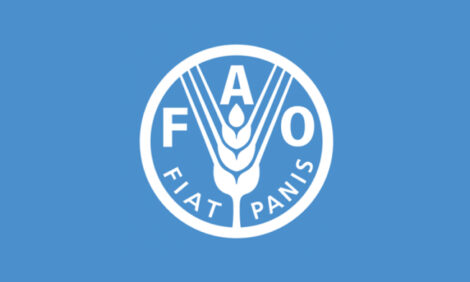



Minimizing Methane Release
NETHERLANDS - Methane emissions from cows are decreasing, but not at the pace which the agricultural sector and the government agreed.“The project, 'reduced methane emission of dairy cows (ME001)', will provide insights that enable targeted interventions for a 30 per cent reduction of greenhouse gasses in the Netherlands by 2020,” explains prof. Johan van Arendonk in an interview for the Annual Report 2013 of TI Food and Nutrition.
Wide- chain approach
“We investigate the interaction between nutritional effects, the role of genetic diversity between cows in the context of methane emissions and the role of the micro-organisms present in the cow’s rumen - where the fermentation of feed leads to the production of methane. Our multidisciplinary, wide-chain approach - from cattle breeders to animal feed producers and dairy companies - is internationally unique, as is our focus on the feed itself rather than additives or supplements.”
Generic method
“One of the major challenges in 2013 has been the development of a generic, cost-efficient method to measure methane emissions on a large scale. Such a tool is crucial for effective collaboration between the different stakeholders; it helps them to speak the same language. We have chosen to explore the potential of two methods. One method is based on analysing exhaled breath and the second method is based on analysis of milk. We hope that these methods will enable the measuring of methane emissions on a much larger scale than what is currently possible with climate respiration chambers. Another challenge, in this year, has been to link different feeds such as maize and grass to the composition of the microbiota in the cow’s rumen. In 2014 we will explore genetic factors that could explain why some cows produce more - or less - methane than others from the same breed. We will also continue our work on the characterisation of microbiota, further develop an indicator in milk, focussed on NMR and volatile metabolites, and model methanogenes.”
Major impact
“I believe our project can have a major societal impact: methane emissions are a global issue - methane is approximately 25 times more powerful than carbon dioxide in terms of global warming potential - and will remain so for many years to come. Around the world, the demand for dairy products and meat is increasing and there is an urgent need to produce more food with lower reduced environmental impact. This can only be achieved via innovative approaches, involvement of partners throughout the production chain, and international collaboration like in our project.”
TheCattleSite News Desk


